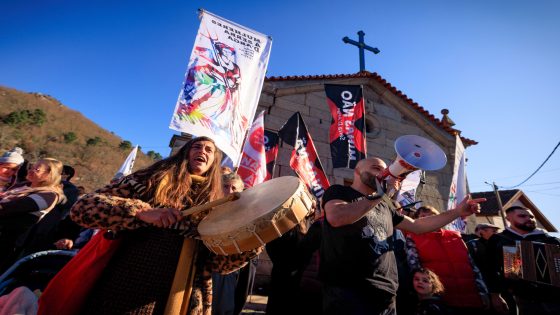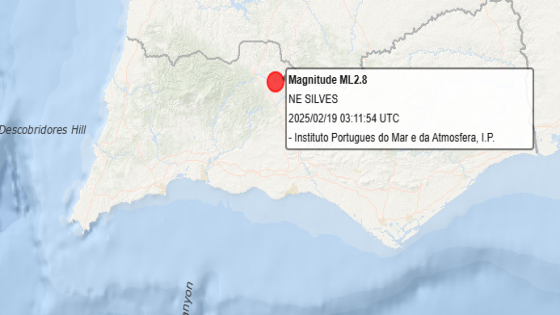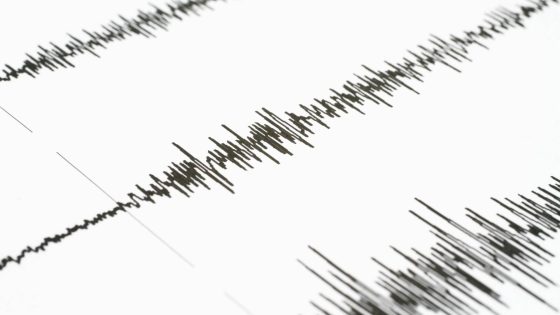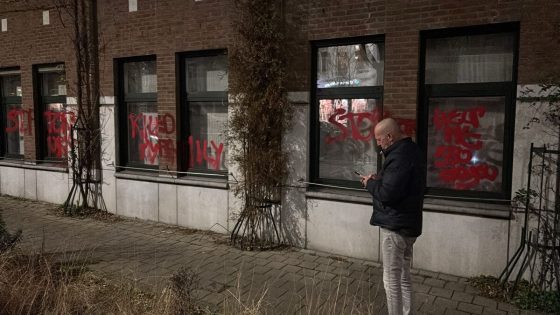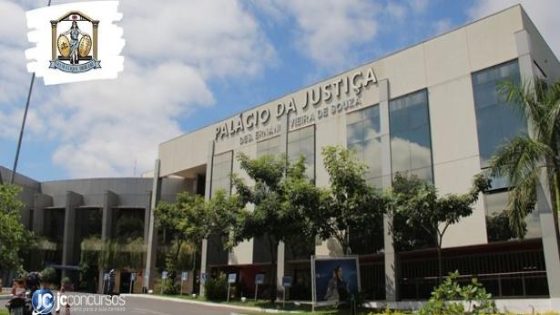On January 18, 2025, a significant protest took place in Covas do Barroso against the government’s authorization of land use for lithium extraction. Residents are raising concerns about the environmental impact and the perceived “invasion” of their land. How will this affect local communities and the future of lithium mining in Portugal?
- Protests against government land invasions
- Ongoing resistance to lithium extraction in Boticas
- Public interest in defending anti-lithium activists
- Demonstrations in Covas do Barroso area
- Community mobilization against lithium exploitation
- Coverage by multiple news outlets on protests
Protests in Covas do Barroso Highlight Community Concerns Over Lithium Extraction
Why are residents so passionate about this issue? The protest reflects deep-rooted fears about environmental degradation and the loss of local heritage. As the demand for lithium grows, communities are questioning the sustainability of such projects. Will the government’s actions lead to irreversible damage?
Understanding the Impact of Lithium Extraction on Local Communities
The extraction of lithium has been a hot topic in Portugal, particularly in regions like Covas do Barroso. As the country positions itself as a key player in the lithium market, residents are voicing their concerns over potential environmental harm. Here are some key points:
- Potential environmental degradation from mining activities.
- Concerns over water supply contamination.
- Impact on local agriculture and biodiversity.
- Community displacement and loss of cultural heritage.
The Role of Government in Lithium Mining Decisions
Government policies play a crucial role in determining the future of lithium mining in Portugal. With increasing pressure from both environmentalists and industry stakeholders, how will authorities balance economic growth with environmental protection? The decisions made today will shape the landscape for generations to come.
Community Mobilization Against Lithium Extraction
Residents of Covas do Barroso are not alone in their fight. Similar protests are emerging across Portugal as communities unite to protect their land. This growing movement emphasizes the importance of local voices in national discussions about resource extraction. Will these protests lead to policy changes or increased government scrutiny of mining practices?
As the situation unfolds, the dialogue between communities, government, and industry will be crucial in determining the future of lithium extraction in Portugal. The outcome of these protests may set a precedent for how natural resources are managed in the country.



